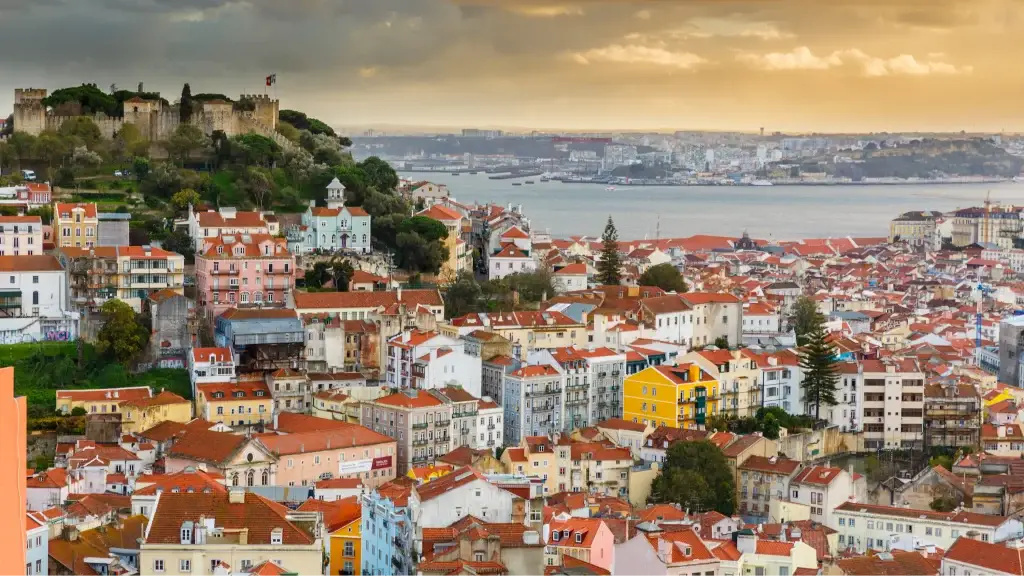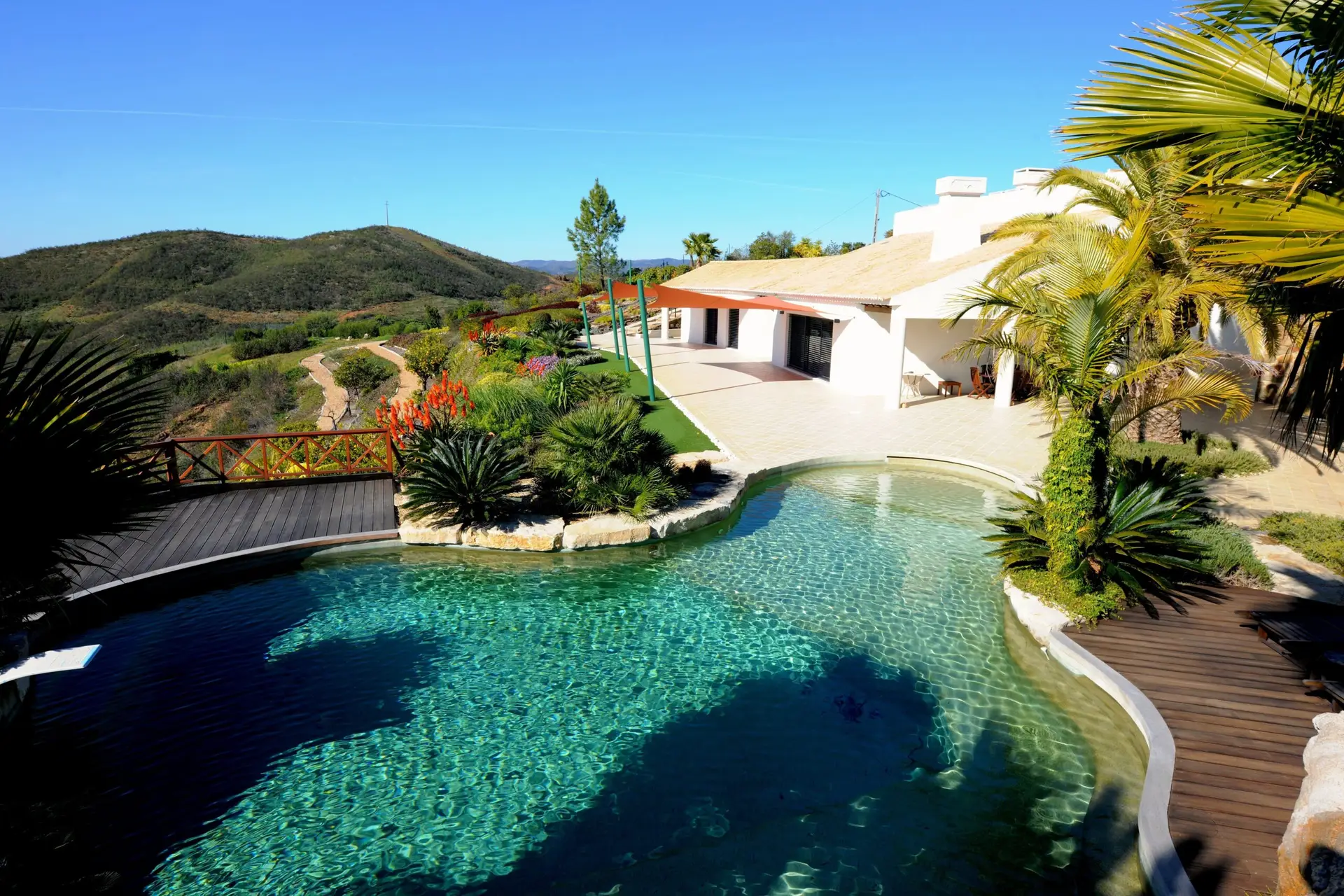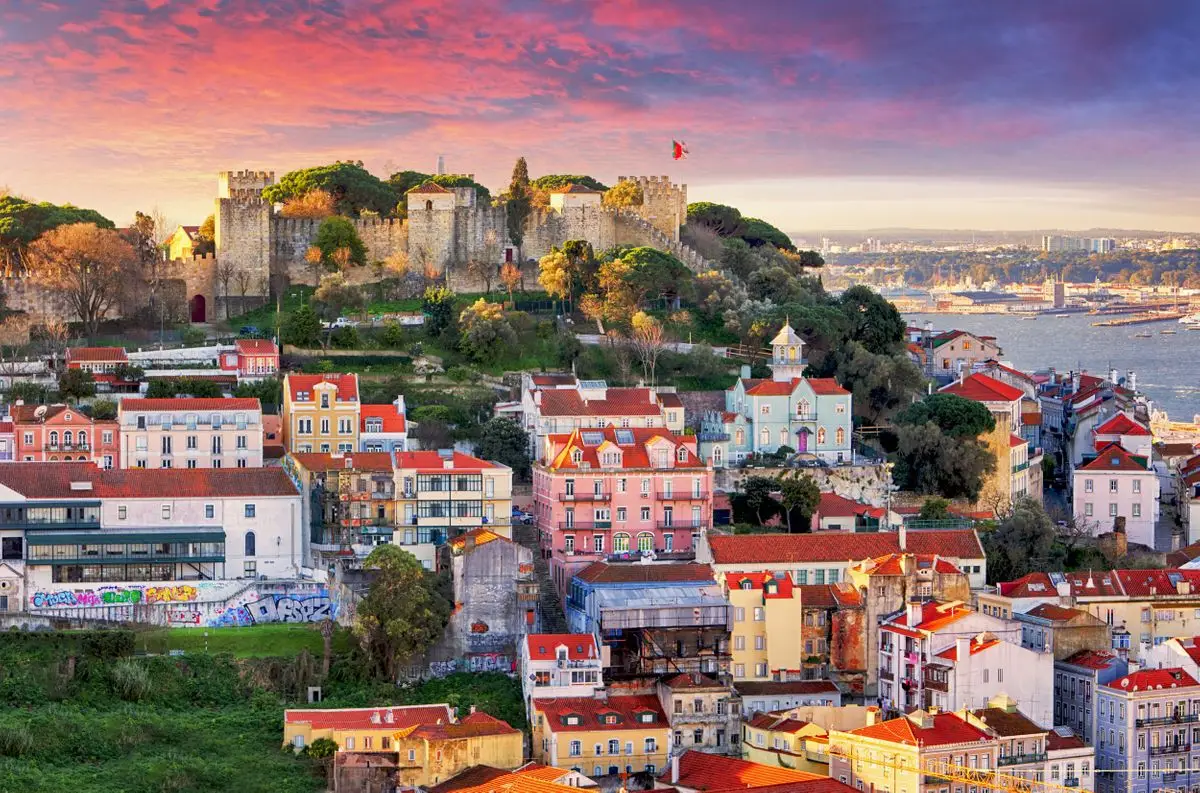A morning cup of coffee in Lisbon could be the start of your journey to a European passport – a document that opens visa-free entry to 191 countries and grants you the rights of a citizen of a stable southern European democracy. The question of how to obtain Portuguese citizenship in 2025 is no longer a secret for the chosen few, but a clear plan of action, where each method is detailed: grounds, deadlines, financial costs and requirements – all like a navigator.
Naturalisation: a journey through time and attachment
Residence without gaps is a basic prerequisite. From 2024, the six-year rule applies: an applicant who has lived in the country for this period legally becomes eligible to apply. How to obtain Portuguese citizenship through naturalisation is one of the most popular scenarios.
Requirements:
- legal residence under the Portuguese residence permit for at least 6 years;
- A2 level language skills (CAPLE certificate);
- no criminal record;
- Evidence of integration (taxes, housing, employment).
In 2023, more than 32,000 applicants passed through citizenship by naturalisation. Natives of Brazil, Angola and Ukraine dominate. Refusals are formed mainly due to errors in documents and fictitious integration. The IRN – Instituto dos Registos e Notariado – accepts applications.
How to obtain Portuguese citizenship through marriage
 Citizenship through marriage is not automatic. Marriage grants the right to apply after 3 years of living together. The marriage must be registered in Portugal. From 2022, there are more frequent checks on the reality of the relationship: interviews, cohabitation, finances. The scenario works also for same-sex unions.
Citizenship through marriage is not automatic. Marriage grants the right to apply after 3 years of living together. The marriage must be registered in Portugal. From 2022, there are more frequent checks on the reality of the relationship: interviews, cohabitation, finances. The scenario works also for same-sex unions.

Filing takes place at the same IRN authority. How to obtain Portuguese citizenship through marriage – more often used by immigrants from countries with a Portuguese-speaking base (Brazil, Cape Verde). The decision is made within 12-18 months.
Investments: money decides, but does not exempt from mandatory steps
Obtaining Portuguese citizenship status through financial investment is not automatic. The Golden Visa programme grants a residence permit and opens the possibility for naturalisation on a general basis. From 2024, investments in real estate are no longer accepted. Investments are directed to venture capital funds, scientific research and cultural projects.
In order to obtain civil status, investments are required. For example, €500,000 in a venture capital fund registered in Portugal. €250,000 in cultural projects or €500,000 in research programmes.
The process of obtaining citizenship under this scheme requires a strategic approach. Physical presence in the country is not necessary – spending 7 days a year is enough. Without proper taxation and legalisation of assets, approval cannot be obtained.
By origin and birth: blood, earth, evidence
Birth on the territory of Portugal gives a child a chance for civil status if at least one parent has lived in the country for at least 1 year. The 2020 law has greatly simplified access for children of migrants. Children born abroad are also granted citizenship status by descent.
Confirmation of the fact of origin requires archival work. Church parish documents, consular records, notarial records are often used. How to obtain Portuguese citizenship in this case is not a quick task, but with a high probability of a positive decision.
Documents, costs and pitfalls
Each script is accompanied by its own set of papers, but each one is mandatory:
- valid passport and Portuguese passport if available;
- proof of income;
- certificate of absence of criminal record (with apostille);
- proof of legal residence;
- language certificate (in case of naturalisation).
The cost of filing is between €250 and €500, depending on the basis. Translation and notary costs are separate. Accompaniment through lawyers increases the budget by €1500-3000. Filing is possible online (via the Justiça portal) or at consulates.
Nationality and dual nationality
Dual citizenship in Portugal officially allows for dual citizenship without restrictions. The law does not require renunciation of the original passport. But not all countries recognise this approach. Russia, India and China are frequent examples of conflicts of jurisdiction. The applicant has to take into account the legislation of both countries: declare the fact of second citizenship, pay taxes, take into account military duty.
How to obtain Portuguese citizenship, keeping the previous one, is a standard practice in the EU. Most migrants keep their first passport. In the country it does not affect the legal status or participation in elections.
What is checked before documents are issued
Before granting Portuguese citizenship, the authorised authorities examine the applicant’s file. The main emphasis is on the continuity of residence and the legality of income. At the slightest breach of residency or tax transparency, the application is suspended. As of 2023, IRN has strengthened the verification of sources of funds. Special attention is paid to:
- no sham marriages;
- visa compliance;
- to pay your taxes on time;
- continuity of residence (breaks of more than 6 months without valid reasons block the procedure).
How to get Portuguese citizenship without rejection of the application means passing the test without any white spots in the dossier.
Portugal passport: opportunities without borders
The Portuguese citizen document opens entry to 191 countries. For example: USA, Japan, Canada and the UK without a visa. Gives full access to free movement, work, education and health care in EU countries. In the Henley & Partners 2025 world ranking, the Portuguese passport was ranked as the 4th most visa-free destination.

Obtaining a Portuguese passport is the final stage of the procedure. IRN issues the document once the decision to grant citizenship has been made. The normal waiting period is up to 6 weeks. Filing is done at SEF authorities or consulates.
Figures and statistics: who and how gets a Portuguese passport
According to the Ministry of Justice, 64,040 people will be granted Portuguese citizenship in 2024. The top five countries are Brazil, India, Ukraine, Cape Verde and Angola. The number of applications from Asians and Middle Easterners has increased – especially among investors and professionals.
How to get Portuguese citizenship faster? Applicants with a connection to CPLP (Commonwealth of Portuguese-speaking Countries) use it most often. For them, a simplified regime is applied, which excludes language skills and gives priority in consideration.
How to obtain Portuguese citizenship: conclusions
 It is possible to obtain a passport as a Portuguese citizen in 2025 if you follow the rules and act without mistakes. The country offers several ways: through naturalisation, marriage, investment or descent. The main thing is to prove legal residence, integration and clean dossier.
It is possible to obtain a passport as a Portuguese citizen in 2025 if you follow the rules and act without mistakes. The country offers several ways: through naturalisation, marriage, investment or descent. The main thing is to prove legal residence, integration and clean dossier.
Most refusals are due to formalities: incomplete package of documents, violation of deadlines, dubious income. Those who prepare in advance and act competently get the desired visa without delays.
 en
en  ru
ru  de
de  ar
ar  es
es  nl
nl  hi
hi  fr
fr  it
it  pt
pt  el
el 











